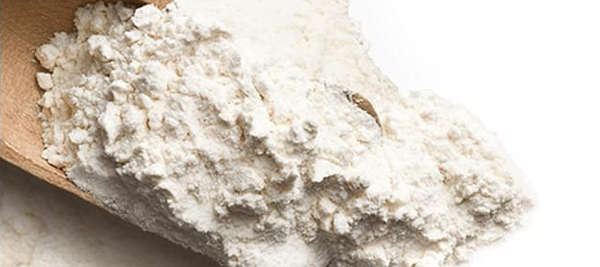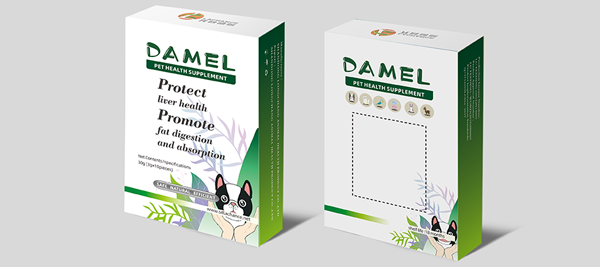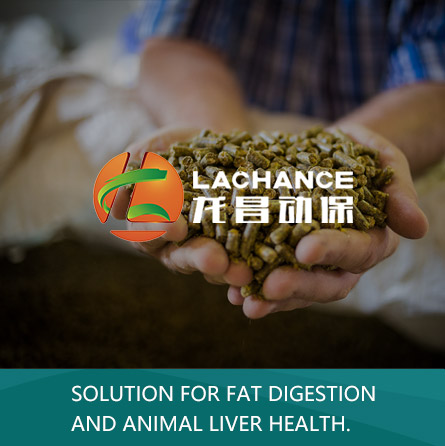Reasons for the Decline of Egg Quality in Summer
Analysis on the reasons for the decline of egg quality
1. The impact of high temperature environment on laying hens
①Metabolic changes:
The most suitable environmental temperature for laying hens is 15-25 degrees. When the ambient temperature in summer exceeds 28 degrees, the metabolism of laying hens will change, resulting in reduced feed intake and egg production. For example, when the temperature is higher than 32 degrees, the chicken body has difficulty dissipating heat, and its appetite and feed intake will be significantly reduced.
② Heat stress:
In high temperature environments, laying hens may experience heat stress reactions, which can affect the function of the ovaries and oviducts, leading to reduced egg quality. Heat stress can also increase the mortality rate of chickens, causing economic losses to farmers.
③ Disruption of nutritional balance:
Under long-term high temperature environment, the nutritional balance of laying hens may be disrupted, leading to decreased thyroid function and insufficient calcium in the body, which in turn affects the quality of eggshells and increases the risk of producing thin-shelled or soft-shelled eggs.
2. Feed Factors
① Unscientific nutrition:
Unscientific nutrition in feed, such as unreasonable ratios of nutrients such as protein, energy, minerals, vitamins, etc., cannot meet the needs of laying hens at different growth stages, resulting in reduced egg quality.
② Feed mold:
In high temperature and high humidity environment, feed is prone to mold, and the mycotoxins in moldy feed will affect the health of laying hens and the quality of eggs. Excessive mycotoxins will cause lesions in the liver, kidneys, intestines and fallopian tube mucosa, thereby affecting the formation and quality of eggs.
3. Aging of laying hens
① Decreased intestinal function:
As laying hens age, their intestinal function gradually declines, and their ability to absorb nutrients decreases, affecting the formation and quality of eggs. In particular, the absorption capacity of minerals such as calcium and manganese decreases, which will lead to poor eggshell quality and dark eggshell color.
② Metabolic problems:
Aging laying hens may have metabolic problems, such as insufficient vitamin A and D or imbalanced calcium-phosphorus ratio, which can lead to abnormal calcium-phosphorus metabolism and affect the formation and quality of eggshells.
4. Improper feeding and management
① Improper temperature control:
Too high or too low a temperature in the chicken house will affect the quality of eggs. Especially in the hot summer season, if the temperature of the chicken house is not properly controlled, it will cause heat stress in laying hens and affect the quality of eggs.
② Insufficient drinking water:
Laying hens drink a lot of water in summer. If they do not drink enough water or the water is unclean, they will become dehydrated or infected with diseases, affecting the quality of eggs.
③ Unreasonable lighting time:
Unreasonable lighting time will affect the biological clock and endocrine system of laying hens, and thus affect the formation and quality of eggs. For example, too long or too short lighting time may lead to a decline in egg quality.










